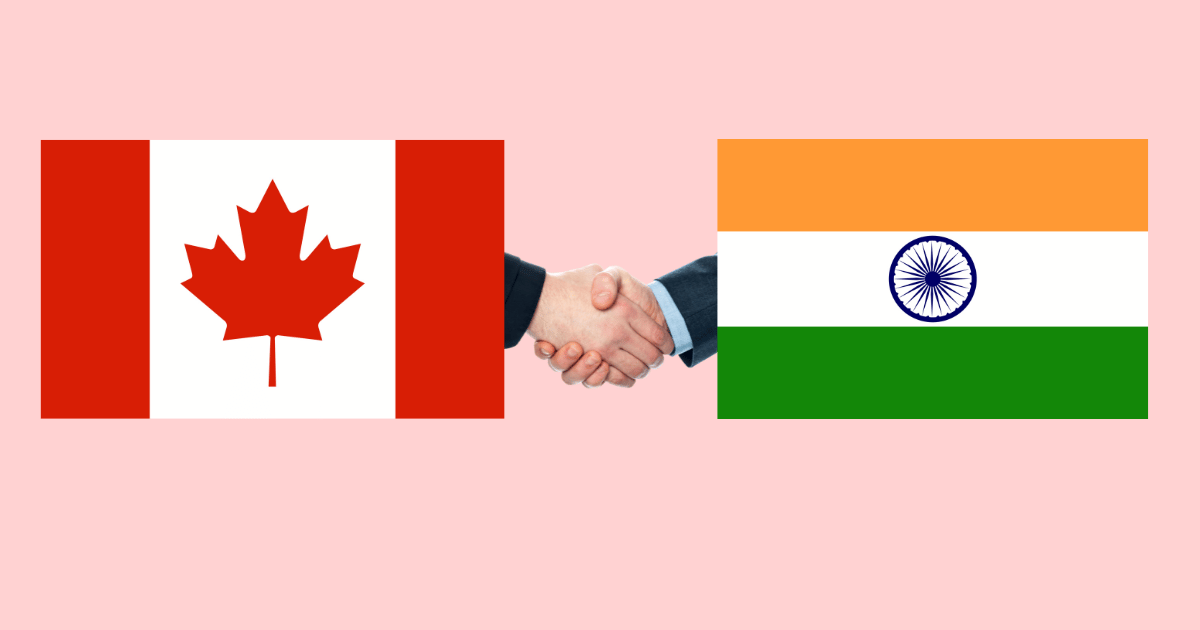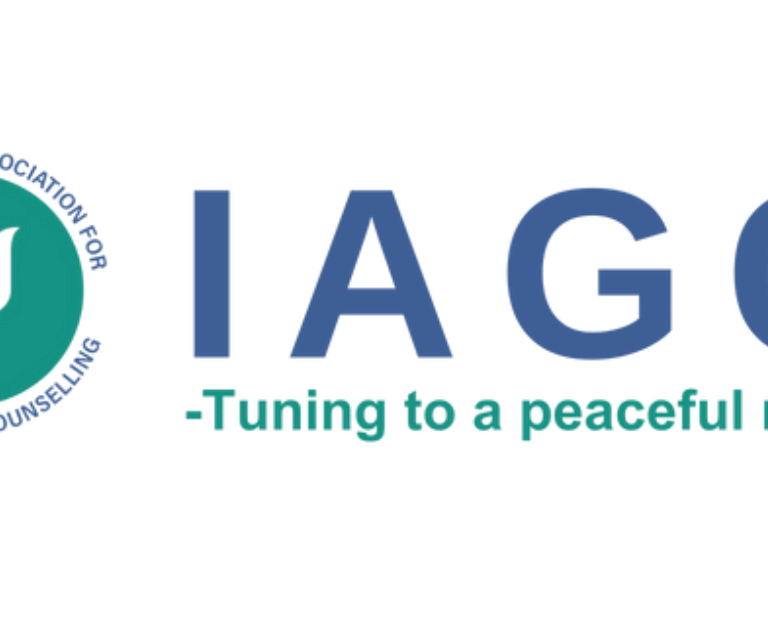In a world that is getting more and more linked, it is very important that countries settle their differences peacefully. This is especially true for two countries that used to be friends, Canada and India, whose recent problems have drawn attention from around the world. As we start to look for ways to make peace, it’s important to remember that diplomatic skills, open communication, and a shared commitment to understanding each other can pave the way for peace and unity. In this piece, we’ll look at the many ways that these countries can get back to a place of friendship and working together, keeping in mind that a peaceful solution is in their best interests and also helps keep the world stable.
When there are problems between two countries that used to be friends, like Canada and India, it takes diplomatic skill, open communication, and a commitment to finding answers that are good for both sides. It’s important to remember that problems between countries can be very different, but here are some general steps that can be taken to solve problems peacefully:
1. Have an open and honest conversation: Start and keep open lines of contact. At different levels, there should be regular diplomatic talks, dialogues, and agreements to try to solve problems.
2. Diplomatic routes: Use diplomatic routes to share concerns, complaints, and ideas for how to solve problems. Diplomats and diplomats are very important for helping people talk to each other.
3. Measures to build confidence:
– Take steps to build trust to encourage trust and teamwork. This can include things like cultural exchanges, partnerships in schooling, and projects that bring people together.
4. Mediation and Getting a Third Party Involved: If needed, think about bringing in neutral third-party mediators or foreign organizations to help with talks and give unbiased views.
5. Bilateral Agreements: Pay attention to the negotiation and renewal of bilateral agreements or treaties that deal with specific problems, such as trade, investment, or security.
Track II Diplomacy: – Encourage “Track II diplomacy,” which involves non-official representatives like academics, business leaders, and civil society organizations, to offer different points of view and answers.
7. Find areas of common interest: Find areas of common interest where both countries can work together and make progress, even if they disagree on other things.
8. Respect Sovereignty: Respect the independence of each country and don’t do anything that could be seen as meddling in its internal matters.
9. Cultural Understanding: Promote cultural understanding and knowledge through cultural exchange programmes, language courses, and projects that foster mutual respect and appreciation.
10. Public Diplomacy: Use public diplomacy to change how people in both countries think about the relationship. Encourage people to tell good stories and fight any bad stereotypes they might have.
11. Cooperation in economics and trade: Put more emphasis on economic and trade cooperation, since strong economic ties can be a reason for people to get along.
Long-Term View: In diplomatic ties, it’s important to look at things from a long-term point of view. Know that fixing hard problems can take time and a lot of effort.
13. Crisis Management: Make sure you have good ways to handle crises so that they don’t get worse and you can respond quickly to new problems.
14. Multilateral Approaches: Work together on problems that affect everyone, such as climate change, global health, and fighting terrorism, which can help build trust and cooperation.
15. Civil Society Engagement: – Encourage civil society organizations, non-government organizations, and people from both countries to work together to build relationships and solve problems that both countries face.
It’s important to realize that solving problems between countries in a peaceful way can be a long and hard process. The most important things are patience, persistence, and a real desire to find shared ground. Also, having diplomatic relations and communication lines open, even when things are hard, is important for building trust and working towards a solution. In the end, the goal should be to find solutions that are good for both countries and help keep things stable in the area and around the world.









